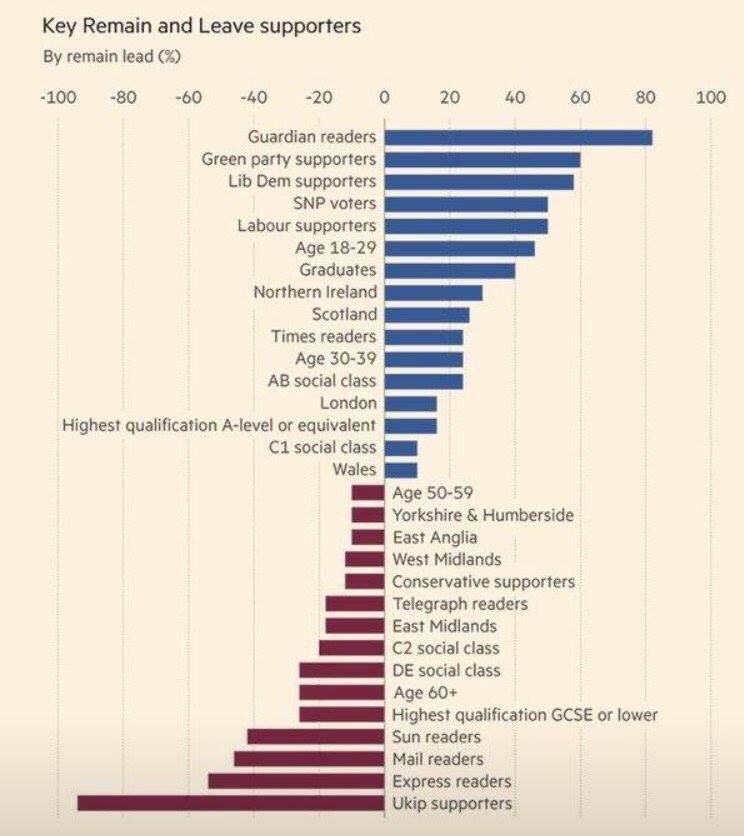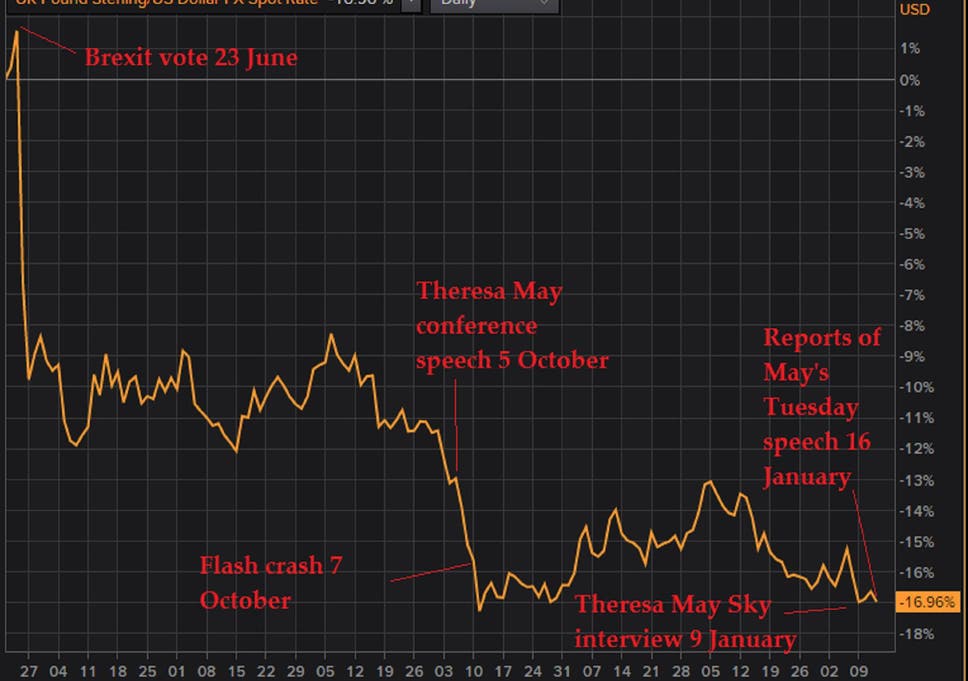✨ Brexit: How Will It Affect International Students? ✨
You might have noticed Brexit has been in the news a lot recently in the UK. It can be quite confusing, so we're gonna attempt to clear a few things up. 😉
What is brexit?
In case you've been living in a cave for the past few years, "Brexit" ("British Exit") refers to the UK's decision to leave the European Union (EU). This was decided by a public vote on 23 June 2016 in which 51.8% of voters voted to leave, against 48.2% voting to remain.

On the basis of this vote, plans were made for the UK to leave the EU on 29 March 2019 (very soon!😰).
Why did people vote for brexit?

People voted for many different reasons, but the most common ones were:
- To stop free immigration from the EU, which they believed to be reducing jobs and wages for UK workers; putting pressure on public services such as schools and the NHS; and changing the culture of the UK.
- To "Take Back Control" - ie to make sure all laws are set by the UK government, not by the EU.
- To save the money that the UK gives to the EU.

People who voted to stay in generally argue that:
- Being in the EU is good for the economy and makes the UK more money than it gives the EU.
- EU immigrants pay more in tax than they use in public services.
- The UK needs to work closely with other countries to solve global issues such as climate change and cyber warfare.
Who voted to leave/remain?

There was quite a clear demographic divide between those who voted to leave and those who voted remain. Remain voters were mostly young, university-educated, left-wing or living in London, Scotland or Northern Ireland. Therefore in universities it may feel like nearly everyone doesn't support Brexit, but you'll always find some people who buck the demographic trends.
HOW WILL BREXIT AFFECT INTERNATIONAL STUDENTS?
In case you just want to know how Brexit will affect you and don't care about the politics, we'll clear this up first.
Brexit has actually been a pretty good thing for international students from outside the EU (so far at least). Economic uncertainty over Brexit has led to a considerable devaluation of the pound, making studying in the UK cheaper. EU students have been less keen to study at UK universities since the vote, so that means there's more places available for non-EU students too. 😄

If you're hoping to work in the UK, there might be good news too, as the government plans to make it slightly easier to get work visas after Brexit to make up for the smaller number of EU immigrants. For example, the government plans to scrap caps on skilled workers earning over £30,000 a year, and introduce a new 12-month low-skilled work visa for lower paid jobs.
Things are not so good for EU students hoping to study in the UK though. They will have to apply for visas and may have to pay the higher international fees in future. Non-EU students may feel this is a fairer state of affairs however.
There may be some potential drawbacks of Brexit though. UK universities currently collaborate a lot with EU universities, and it's feared that this will decline after Brexit, leading to a a reduction in the quality of teaching and research conducted by UK universities. This could also diminish the reputation of UK universities. Should the UK fail to agree a deal with the EU, this could cause a variety of problems in the UK which would likely affect everyone living in the UK in some respect.
Leave A Comment
Connect With Us
We'll Keep you updated with alerts, news and help where you need it










